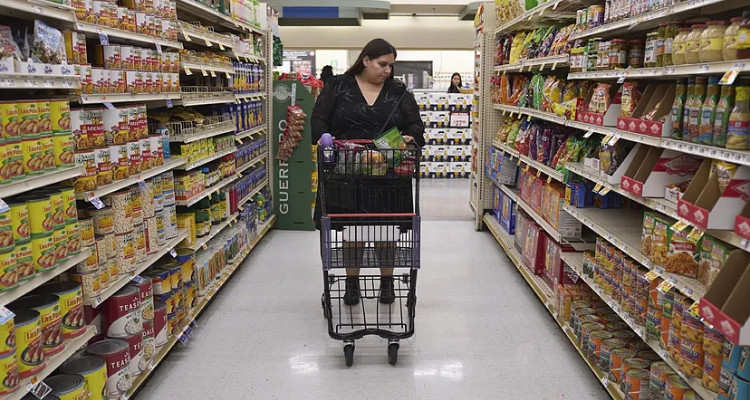Federal food assistance program distributes September benefits based on recipients’ case numbers in the state
The Supplemental Nutrition Assistance Program (SNAP), formerly known as the Food Stamp Program, remains a crucial tool in the fight against food insecurity in the United States. Administered by the U.S. Department of Agriculture (USDA) through the Food and Nutrition Service (FNS), SNAP’s primary mission is to improve access to nutritious food for low-income families who face difficulty in acquiring it.
In Florida, the program distributes monthly benefits to eligible households through an Electronic Benefits Transfer (EBT) card, which works like a debit card at authorized merchants. This September, distribution dates vary based on the eighth and ninth digits of the beneficiary’s case number, excluding the 10th digit.
The following is the payment schedule for this week:
- Case numbers ending in 04-06: Payments issued on September 2.
- Case numbers ending in 07-10: Payments issued on September 3.
- Case numbers ending in 11-13: Payments issued on September 4.
- Case numbers ending in 14-17: Payments issued on September 5.
- Case numbers ending in 18-20: Payments issued on September 6.
- Case numbers ending in 21-24: Payments issued on September 7.
- Case numbers ending in 25-27: Payments issued on September 8.
In addition to direct financial assistance, SNAP offers other supplemental programs, such as SNAP-Ed, which provides nutrition education to encourage healthy food choices, and the Employment and Training (E&T) program, designed to help recipients improve their job skills and achieve greater economic independence.
It is important to remember that SNAP benefits have restrictions on how they can be used. They can only be used for the purchase of food, excluding non-food items such as alcohol, tobacco, vitamins, medications and hot meals. These restrictions ensure that resources are used exclusively to improve the nutrition and food security of beneficiary families.
This comprehensive approach makes SNAP not just temporary assistance, but a platform for the education and economic empowerment of its participants.
